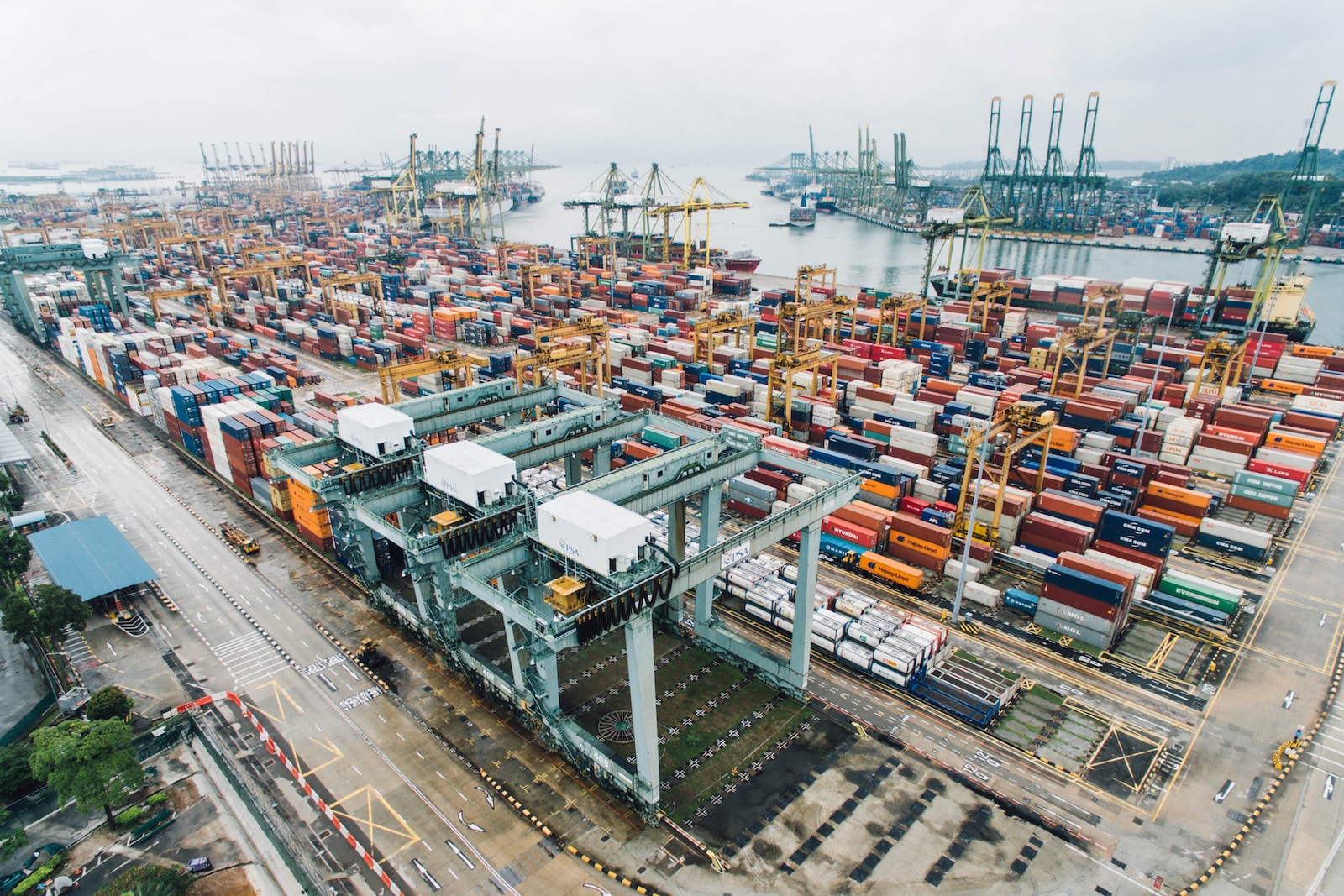Sustainable transport plays a pivotal role in achieving Sustainable Development Goal (SDG) number 8: Decent Work and Economic Growth. In the rapidly evolving transport sector, the focus on decent work and economic growth can drive innovation, enhance labor conditions, and foster equitable prosperity. This article explores the transformative potential of SDG 8 within the transport industry, showcasing how it can shape a sustainable and inclusive future for the transport workforce and the global economy.
The Role of SDG 8 in Driving Innovation in the Transport Sector
Sustainable transport requires investment in innovative technologies that minimize environmental impact and promote efficient mobility. SDG 8 encourages such investment by highlighting the importance of sustainable transport in achieving economic growth. Governments and organizations are increasingly prioritizing research and development for eco-friendly transportation solutions, such as electric vehicles, biofuels, and smart transportation systems.
Turning the Transport Industry Green
For instance, the development of electric vehicles has revolutionized the transport industry, reducing carbon emissions and dependence on fossil fuels. Companies like Tesla have spearheaded this innovation, paving the way for a greener and more sustainable future. Such initiatives not only address environmental concerns but also create new job opportunities and stimulate economic growth.
Enhancing Labor Conditions through SDG 8
SDG 8 emphasizes the creation of decent work opportunities in the transport sector. This involves improving labor conditions, ensuring fair wages, and promoting occupational health and safety standards. By prioritizing decent work, the transport industry can attract and retain skilled professionals, contributing to its overall growth and sustainability. More than ever companies in the industry are taking notice.
Consequently, transport companies are increasingly investing in employee well-being, implementing measures to enhance occupational health and safety. This includes providing proper training, protective equipment, and promoting a culture of safety awareness. Additionally, SDG 8 encourages gender equality and diversity in the industry, ensuring equal opportunities for all individuals.
SDG 8’s Contribution to Equitable Prosperity in the Transport Industry
SDG 8 aims to foster inclusive growth and reduce inequality within the transport industry. By promoting sustainable practices, it ensures that the benefits of economic growth are evenly distributed among all stakeholders. This includes supporting small and medium-sized enterprises (SMEs) in the transport sector, enabling them to thrive and contribute to the overall economic prosperity.
Furthermore, SDG 8 emphasizes fair wages and social protection for transport workers. This ensures that employees are adequately compensated for their contributions and have access to social benefits, fostering a more equitable and prosperous workforce within the transport industry.
Policy Implications for Harnessing SDG 8 in the Transport Sector
To fully harness the potential of SDG 8 in the transport sector, governments and organizations must implement policies that promote sustainable transport practices. This includes initiatives such as investing in public transportation infrastructure, providing incentives for the adoption of eco-friendly technologies, and collaborating with the private sector to drive sustainable transport projects.
Thus, regulations play a crucial role in shaping sustainable transport practices. Governments can enforce emission standards, encourage the use of renewable energy sources, and promote the integration of sustainable transport modes. By implementing these policies, the transport industry can align with SDG 8 and contribute to a more environmentally friendly and economically vibrant future.
Conclusion
The transformative potential of SDG 8 within the transport industry is undeniable. SDG number 8 can shape a sustainable and inclusive future for the transport workforce and the global economy. This is achieved by driving innovation, enhancing labor conditions, and fostering equitable prosperity. It is essential for professionals in the transport sector to embrace sustainable development practices, as they not only contribute to achieving SDG 8 but also lead to economic growth, decent work, and a greener future for all. Let us work together to build a sustainable transport industry that benefits everyone and ensures a better tomorrow.













